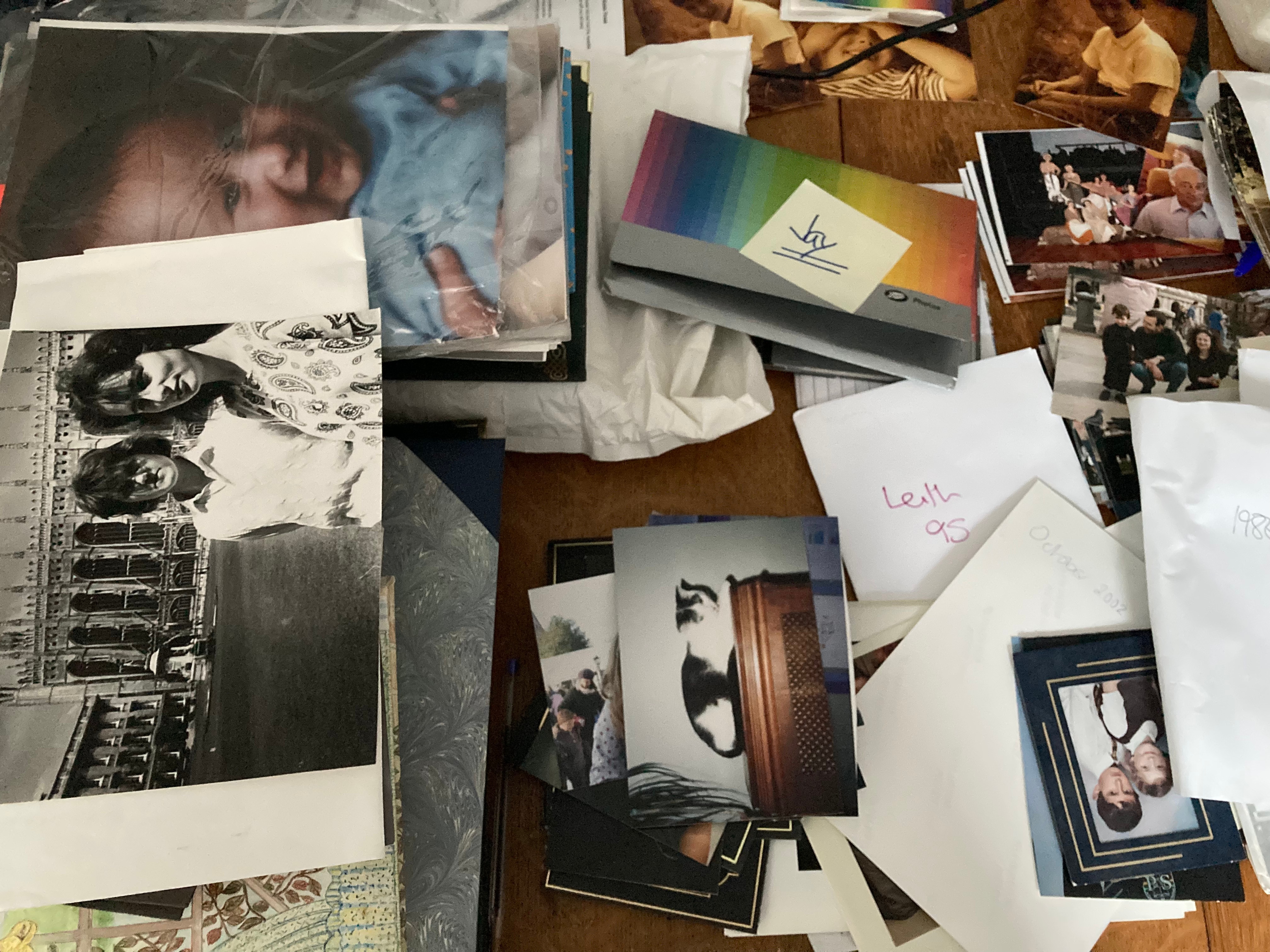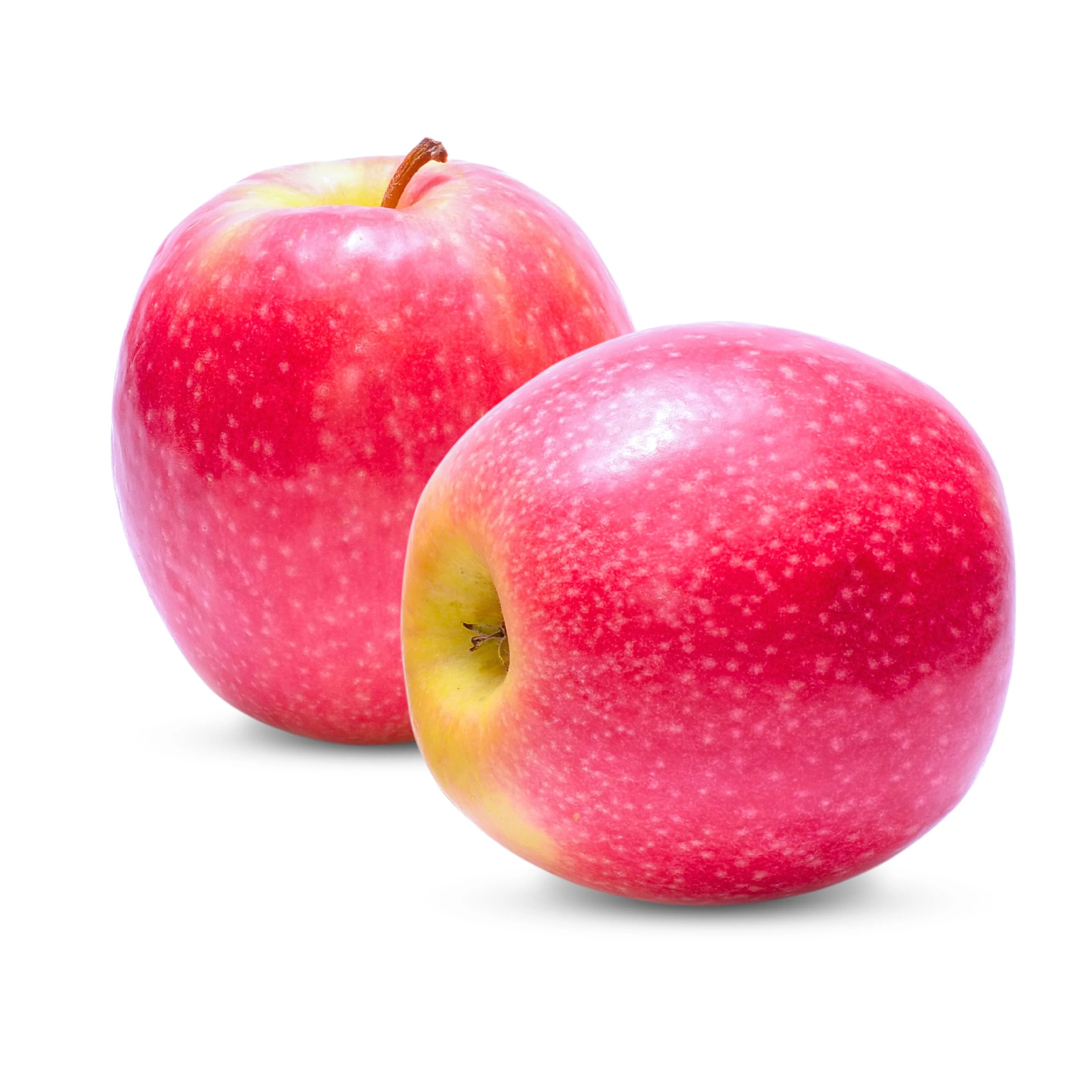We became ensnarled in a Bank Holiday tailback on Monday, just north of Cambridge. We were about two-thirds of the way home after a weekend at a Folk Festival, the pace slowed and the forest of red tail-lights appeared. I find it hard to be equanimous in a traffic queue. On a train, all I need do is accept the delay, and the uncertainty, but more than that, nothing is required. I simply have to wait patiently and, on most train journeys, I am supplied – over-supplied – with comforts: a drink, snacks, a book.
With a car, I have to remain alert and be ready to play my part in every frustrating forward-inching. Any worries (is my ankle starting to hurt, will my knees get stiff, is the clutch getting worn, what about the engine temperature?) bring home to me that this metal, mechanical box, which represents freedom, speed and ease of movement, is now cumbersome and trapped, and so, since I am responsible for it, am I. The situation is edgy and claustrophobic and I feel powerless.
Continue reading →






